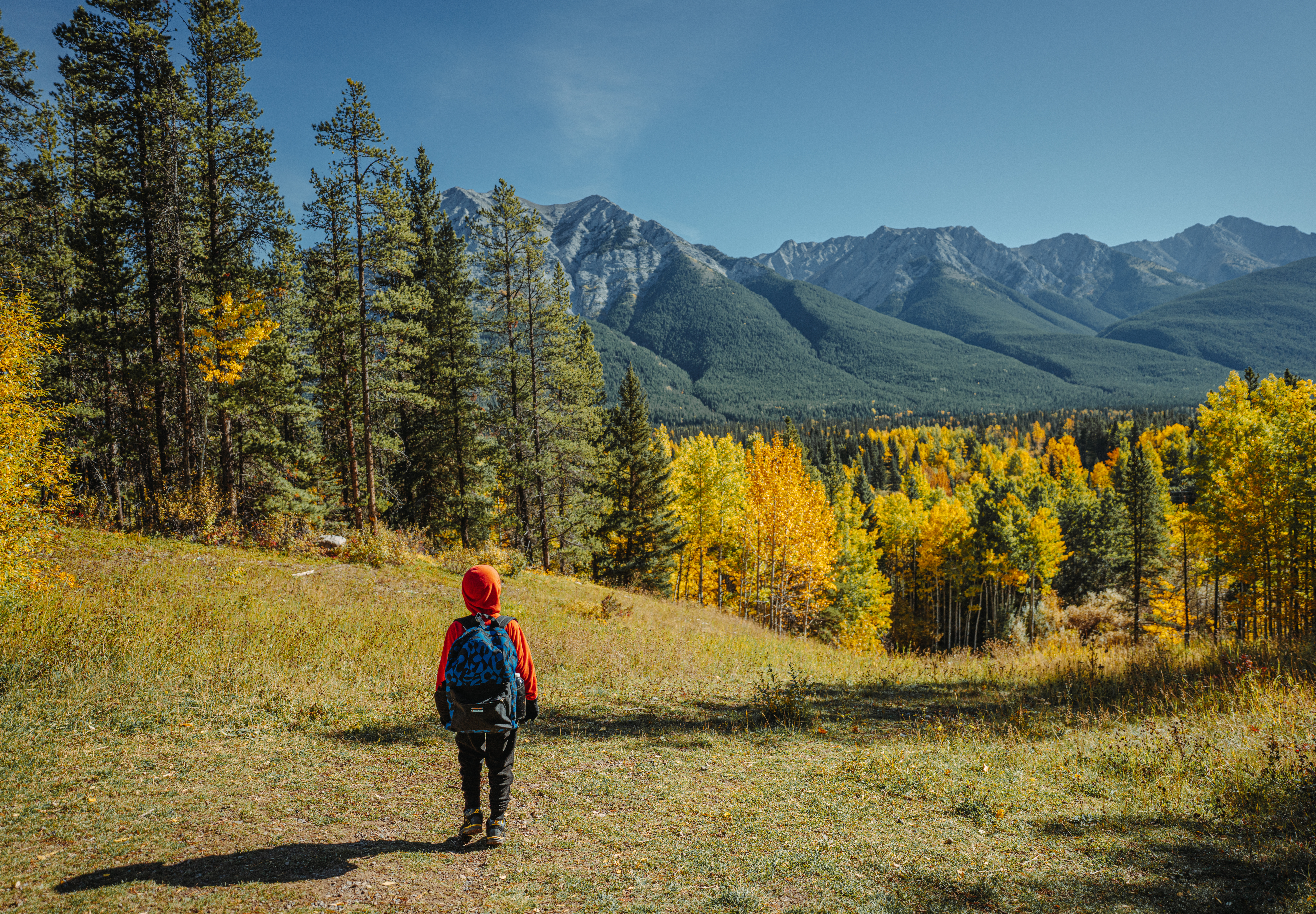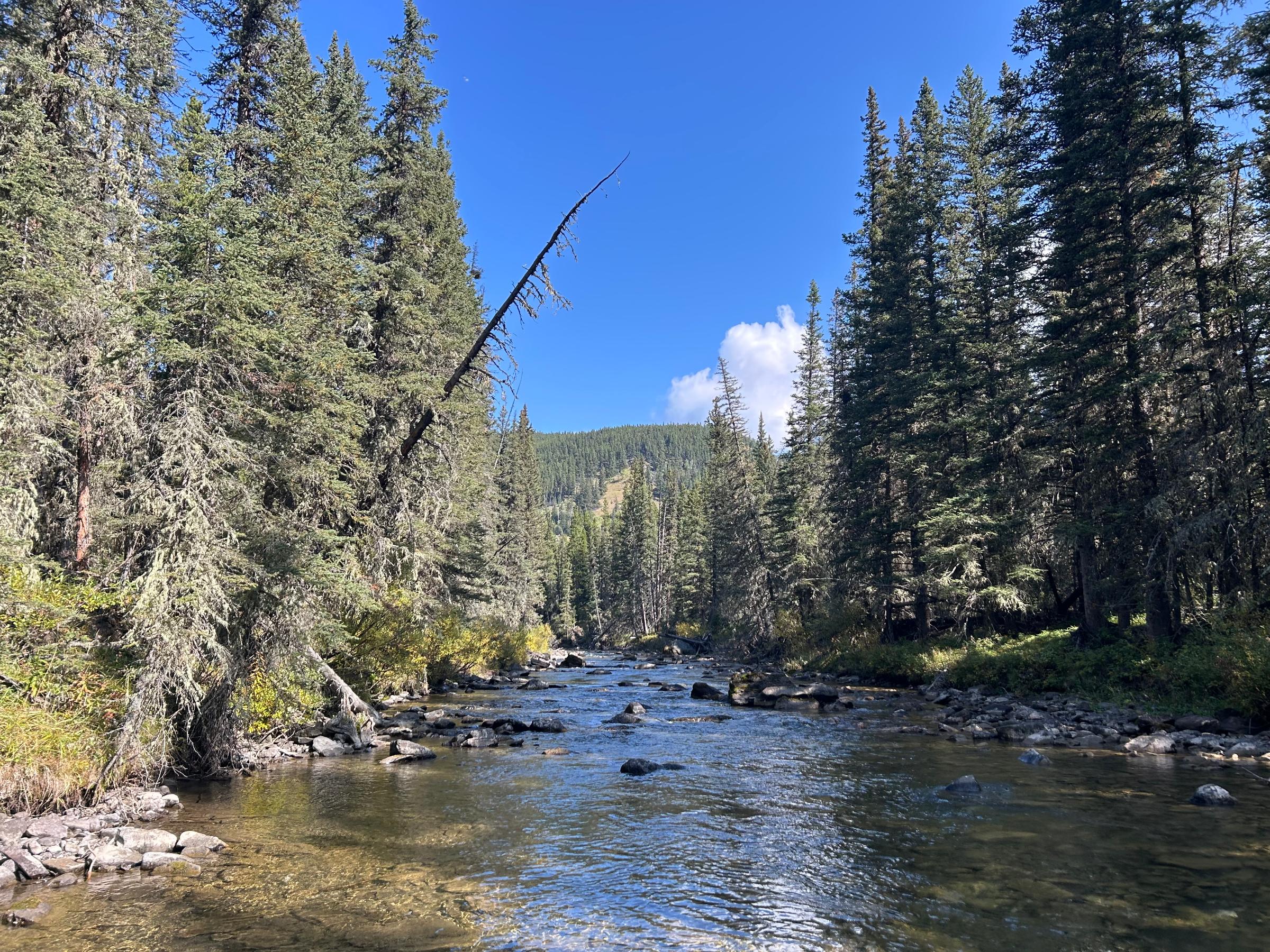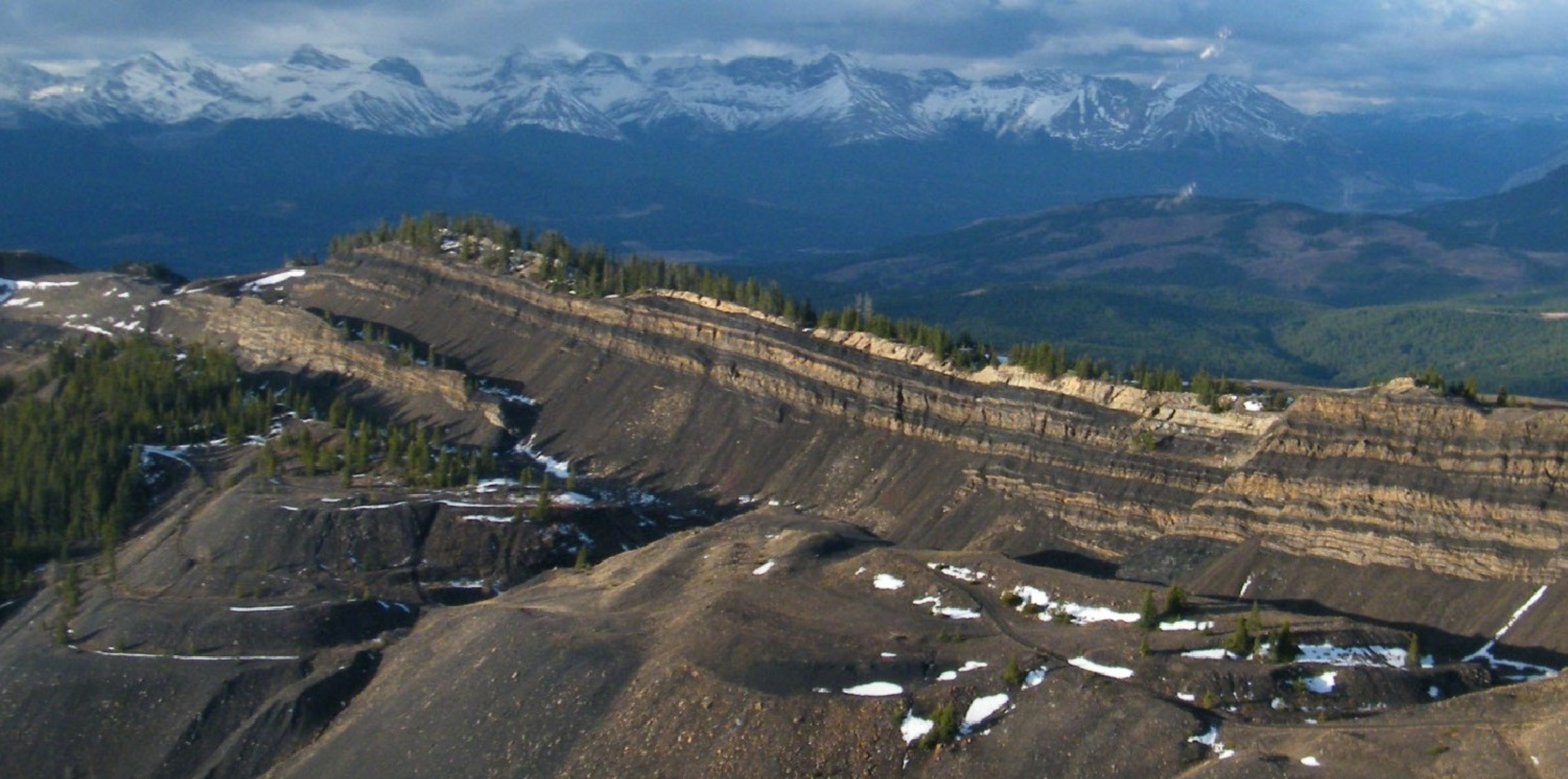AER Greenlights Coal Exploration at Grassy Mountain
May 22, 2025
Last week, despite the absence of a clear new coal policy, the Alberta Energy Regulator (AER) approved exploration permits for the Grassy Mountain Coal Project. The Grassy Mountain coal mine was previously rejected by both the AER and the federal government in 2021 as not in the public interest because of serious environmental, economic and Indigenous rights concerns.
These new permit approvals are a red flag.
Beyond raising serious questions about the efficacy of the AER’s regulatory process, the decision to lift the moratorium to allow new exploration permits reflects the Alberta government’s broader agenda to push ahead with coal development in the Rocky Mountains against public will.
While these most recent approvals allow Australia-based Northback Holdings to conduct deep drilling exploration, not to develop a full-blown coal mine (yet), we find the rationale behind granting these permits questionable at best. Northback already holds extensive exploration data from its previous proposal for the same site. Authorizing even more exploration activities — which will inevitably lead to habitat fragmentation, noise disturbance, water sedimentation, and increased risk to species-at-risk like native trout — is both environmentally damaging and entirely unnecessary.
More broadly, it’s clear that this situation is a direct consequence of the Minister of Energy’s decision to lift the moratorium on new coal exploration and development earlier this year. That moratorium, which was put in place in 2022 in response to overwhelming public opposition, was meant to serve as a temporary safeguard until a new coal policy could be established. Instead, despite no such coal policy being in place, the Alberta government quietly lifted the moratorium in January, 2025, reverting Alberta back to the outdated 1976 Coal Policy, effectively opening all Category 2, 3, and 4 lands — areas that cover nearly the entirety of the Eastern Slopes outside of parks and protected areas — to new coal exploration.
The Alberta government is in the process of developing a new coal policy, the Coal Industry Modernization Initiative (CIMI), which is meant to give direction on where, if anywhere, coal should be allowed in Alberta’s Rocky Mountains. Unfortunately, this policy is being developed in collaboration with coal industry executives, with absolutely no public or Indigenous consultation.
CPAWS Southern Alberta believes it is wholly inappropriate for ANY coal projects to proceed in the absence of a credible, science-based, and publicly informed policy. And in the development of CIMI, it is indefensible for the government to disregard both public opinion and Indigenous consultation while simultaneously prioritizing coal industry interests.
It is long past time for the Minister of Energy and Minerals to listen to Albertans, reinstate the moratorium on new coal activity, and commit to a transparent coal policy process — one grounded in science, shaped through public and Indigenous consultation, and aligned with a sustainable future for the Eastern Slopes of Alberta’s Rocky Mountains.
CALL the Minister of Energy and Minerals today:
- Demand the coal moratorium be reinstated NOW. No new development should move forward until a coal policy that is shaped by Albertans is in place.
- Demand that the in-progress Coal Industry Modernization Initiative (CIMI) be informed by science and public and Indigenous consultation, NOT solely by coal companies.
Click here to view contact information for the Minister of Energy and Minerals.
FAQ
1. This past weekend, Premier Danielle Smith stated that if the Grassy Mountain Coal Mine were to be approved, there would be no strip mining — only underground mining. Is that true?
Currently, there is no policy in place that backs the premiere’s statement. While the 1976 Coal Policy that is currently in place does prohibit certain types of mining in some areas, it does not restrict open-pit mining where Grassy Mountain is located. While the government has announced the development of a new coal policy (the Coal Industry Modernization Initiative), no concrete or legally binding framework has been released to clarify what types of mining will be permitted or prohibited.
The government has demonstrated a pattern of using ambiguous language when discussing coal mining. While officials have publicly stated that there will be no open-pit or mountain-top removal coal mining, they have also indicated that the forthcoming policy may allow surface mining, highwall mining, contour mining, auger mining, self-contained progressive reclamation mining, and other similar methods. These methods all involve removing vegetation, soil, and rock to access coal reserves, and they all create significant disturbance to the land, destroy habitat for species-at-risk, displace people from the landscape, and create water contamination and air pollution. (See some examples in point 3 of this document Myth-Busting the Government of Alberta’s Coal Claims – CPAWS Southern Alberta).
“While it’s a nice thought to say we can have all things in all places on the eastern slopes of the Rockies, the reality is that there is no place in this landscape where a coal mine of any type would not threaten clean water, species at risk, recreation, and sustainable livelihoods.
The fact that they are creating the new coal policy behind closed doors, only in consultation with industry, does not give me confidence that a new coal policy will reflect what Albertans have clearly stated for the eastern slopes, and that is no new coal mines of any kind.”
—Katie Morrison, Executive Director of CPAWS Southern Alberta
2. Wasn’t the Grassy Mountain Coal Mine Already Rejected? How can it now be approved?
Australia-based Benga Mining (now Northback Holdings) previously attempted to gain approval for the Grassy Mountain Coal Mine, but the mine was denied by both the AER and the federal government in 2021 due to environmental, economic, and Indigenous rights concerns.
The panel report states:
“In our capacity as a panel of AER hearing commissioners, we find that the project’s significant adverse environmental effects on surface water quality and westslope cutthroat trout and habitat outweigh the low to moderate positive economic impacts of the project. Therefore, we find that the project is not in the public interest.”
However, Northback Holdings has since revived its efforts to advance the Grassy Mountain coal project. The permits recently issued to the company by the AER authorize the company for deep drilling exploration at the site, not the construction or operation of a mine (yet), but it’s a deeply concerning first step forward this project.
3. I thought there was a moratorium on all coal in Alberta?
A moratorium on all new coal exploration and development across the Rocky Mountain and Eastern Slopes was instated in 2022, after overwhelming pushback from the Alberta public against new coal. This moratorium was intended to be an interim measure until an updated coal policy was created.
However, in January, 2025, the Government of Alberta quietly lifted this moratorium on coal mine development and exploration across the Rocky Mountain and Eastern Slopes, despite no new coal policy being in place.
By lifting the moratorium on coal before a new coal policy was created, the Alberta government reverted the province back to the outdated 1976 Coal Policy and opened up huge swaths of the Eastern Slopes to coal exploration, as early as this spring.
The Alberta government is currently developing a new coal policy, the Coal Industry Modernization Initiative (CIMI), but is working only with coal industry, not engaging in public and Indigenous consultation.
To learn more, check out our article Myth-Busting the Government of Alberta’s Coal Claims.
More News

Fortress Mountain Resort: An Amusement Park in our Wilderness

New Plan for Parks Released


